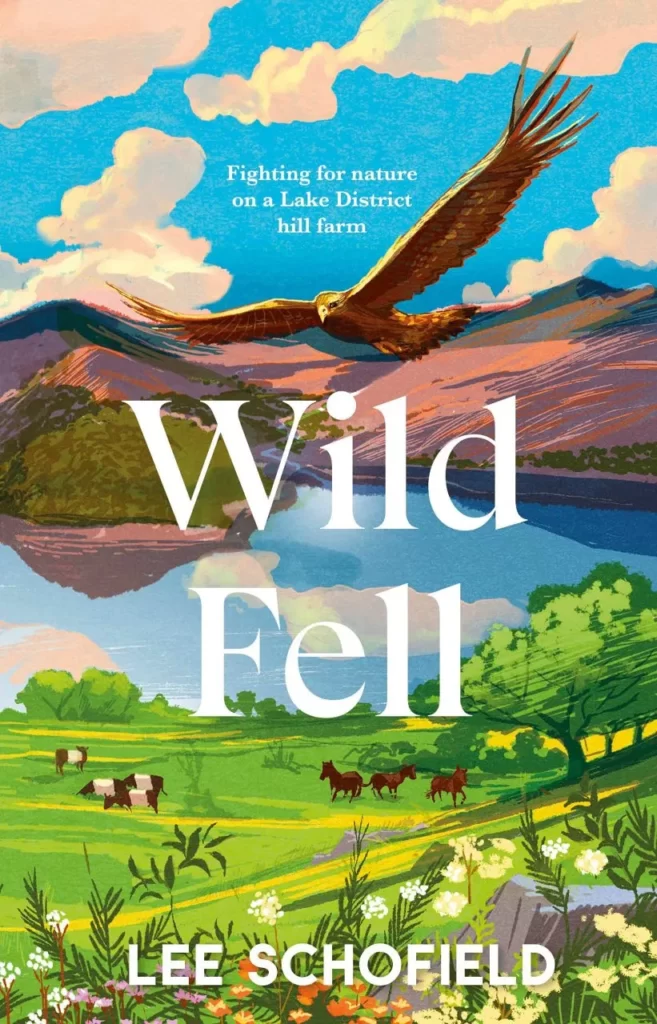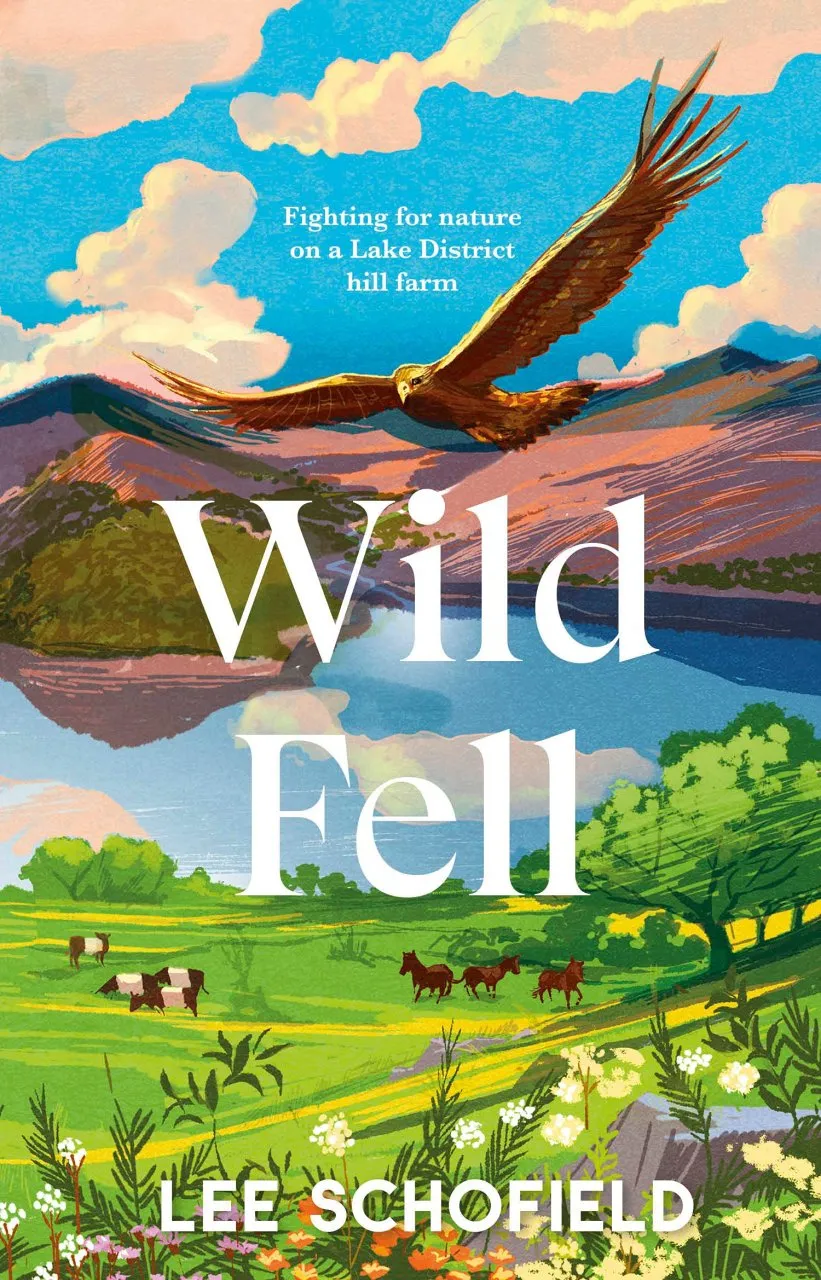Lee Schofield is an ecologist working for the RSPB, managing its Wild Haweswater reserve in Cumbria – place of ruins and ancient ways, of falls, flushes, meadows, bogs and tarns, walls and crags and ravines sheltering tiny scraps of relic woodland and precious floral refuges. I was lucky enough to visit Haweswater with him in the summer of 2020. On the previous day, after a walk with our mutual friend Jamie Normington, of Cumbria Wildlife Trust, I had posted on Twitter a picture of Jamie photographing scarce alpine flowers. I had enjoyed seeing them, but Lee was appalled. ‘I mean – just look. You’re having to scour fellsides, then get on your knees for photographs of a pathetic lonely specimen. Those are specialist plants, but no way should they be that rare. We’ve been absolutely robbed.’
Lee sees shadow species everywhere – the ghosts of what the most celebrated landscape in Britain has lost. Pine Martens, Corncrakes, Black Grouse and Ring Ouzels and, gliding above them all, Golden Eagles (the last in England, a solitary male, lived here until 2015). Where hillsides are cloaked with Bracken he sees woodlands. Where becks run straight for too long, he sees sparkling flows running lively serpentine courses over clean gravels where, when it rains, Salmon spawn and when it rains, water spills into Beaver-worked woodlands and flower-rich flood meadows, instead of rampaging through towns downstream. And everywhere he imagines the shades of lost flowers.
We met in a restored hay meadow in Swindale, with its lively beck recently re-wiggled and reconnected to its floodplain, and within minutes I begin to see his point. Visiting in June, you may think you have died and gone to floral heaven. Wildflowers here riot, sing and shout. And once you are among them, you see more and more, layered and interwoven. Wild Fell is the story of how this kind of abundance can be restored, alongside traditional farming.
The future which Lee imagines is demonstrably in reach – but the energy and force of will required is extraordinary. He is treading the narrowest of lines between vision and pragmatism and it is not easy. He is a gentle, thoughtful human – a lover of flowers and birds, a naturalist, musician and writer of nature-centric songs, but it is not hard to understand why, when he runs, he does it with Rage Against the Machine frontman Zack de la Rocha yelling ‘I won’t do what you tell me’ in his headphones. Like other pioneers in this messy middle, including Lakeland neighbour James Rebanks and Sussex rewilders Isabella Tree and Charlie Burrell, to name a few, Lee has been told time and again what he cannot or should not do, and critics do not hold back. Some of the views delivered to his face by farmers and cultural chauvinists of the Lake District World Heritage Site Steering Group (prudently anonymised) are genuinely gasp-worthy. Somehow, he has rolled with the punches, and what began with wilful misunderstanding, ridicule, disparagement and open hostility has inched forward via initial nervy dialogue, tentative invitations, and a lot of listening, to greater understanding and patchy fragile trust. The ranks of farmers willing to embrace or at least consider change swell year on year, and Lee is supported by a thriving local conservation community.
Wild Fell is an exhilarating tour of Lee’s patch, with side excursions to Scotland and Norway and the Italian Alps for insights into the abundance which nature is bursting to give us. His writing, like the extinct, extant and envisioned landscapes he describes, is studded with moments of immense beauty – you can almost smell rock and moss and nectar, hear butterflies and grasshoppers flit and whirr, feel the shadow of a great wing passing between you and the sun. Lee is convinced that eagles will return to Haweswater when the landscape is ready, and no one deserves to see it more.

